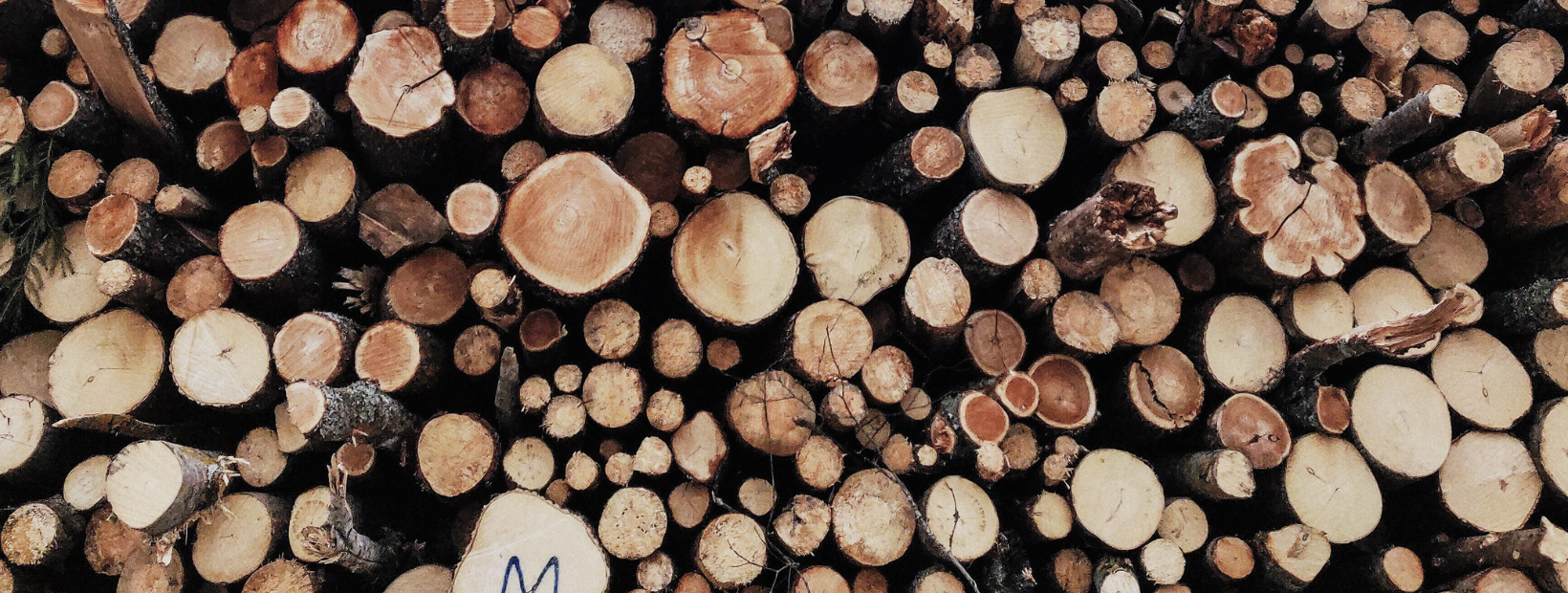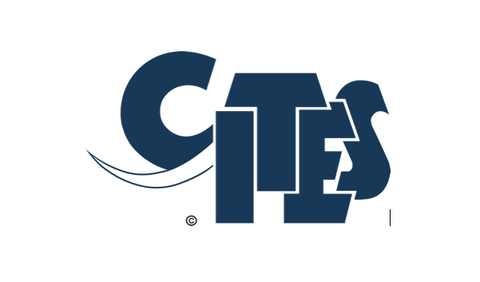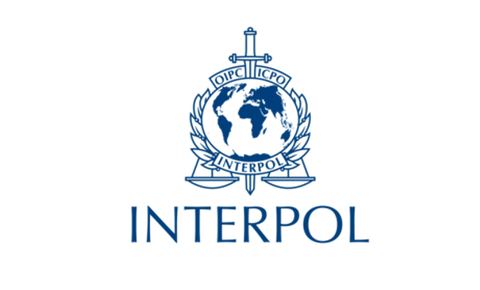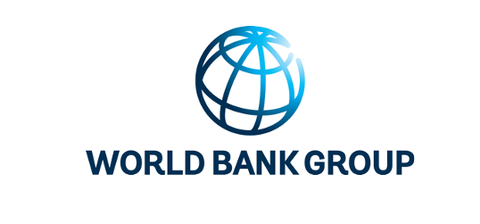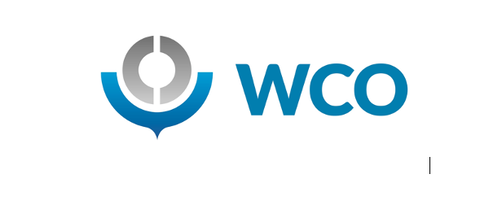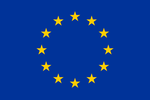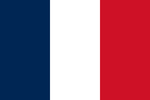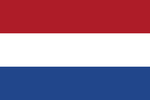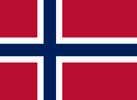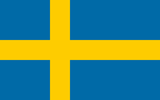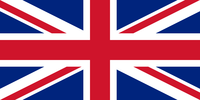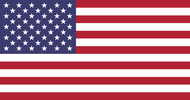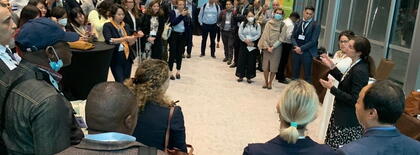Partners
Convention on International Trade in Endangered Species of Wild Fauna and Flora (CITES)
The Convention on International Trade in Endangered Species of Wild Fauna and Flora (CITES) is an international agreement between governments. Its aim is to ensure that international trade in specimens of wild animals and plants does not threaten their survival. CITES establishes the legal framework and procedural mechanisms for the regulation of international trade in over 37,000 species of animals and plants, to ensure that international trade in wild fauna and flora is legal, sustainable and traceable.
INTERPOL
INTERPOL is the world’s largest international criminal police organization, with 196 member countries. Created in 1923, it facilitates cross-border police cooperation, and assists all organizations, authorities and services whose mission is to prevent or combat international crime. This is done by providing a high-tech infrastructure of technical and operational support such as targeted training, expert investigative support, specialized databases and secure police communications channels. INTERPOL’s General Secretariat has a Sub-Directorate devoted to Illicit Markets which includes the Environmental Security Programme.
United Nations Office on Drugs and Crime (UNODC)
The United Nations Office on Drugs and Crime (UNODC) is the global leader in the fight against illicit drugs and transnational organized crime. For the past two decades UNODC has been helping to make the world safer from drugs, organized crime, corruption and terrorism. UNODC is active in all regions of the world through an extensive network of field offices. UNODC’s Global Programme for Combating Wildlife and Forest Crime is the focal point for the organizations’ work in addressing environmental crimes and supports Member States in improving national, regional and international criminal justice and preventive responses to better tackle these crimes.
World Bank Group (WBG)
The World Bank Group (WBG) is a vital source of financial and technical assistance to help developing countries around the world eradicate poverty and promote shared prosperity. The WBG is one of the largest providers of development assistance to combat environmental crimes and support countries in managing their natural resources more sustainably. The WBG helps countries through coordination efforts of the Global Wildlife Program, delivery of technical assistance on anti-money laundering, and support to the implementation of regional and country-specific investments to safeguard environment and natural resources and promote resilient rural economies.
World Customs Organization (WCO)
The World Customs Organization (WCO) is the only intergovernmental organization exclusively focused on Customs matters. With its worldwide membership, the WCO is now recognized as the voice of the global Customs community. It is particularly noted for its work in areas covering the development of global standards, the simplification and harmonization of customs procedure, the facilitation of international trade, trade supply chain security, the enhancement of Customs enforcement and compliance activities, anti-counterfeiting and piracy initiatives, public-private partnerships, integrity promotion, and sustainable global Customs capacity building programmes.
Donors
The following donors generously provided funds to support the implementation of the ICCWC Vision 2030:
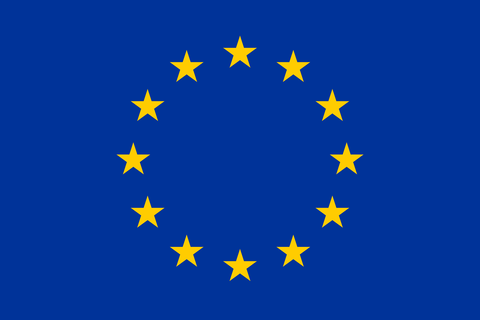
European Union
The European Union is supporting a broad range of activities to prevent and address wildlife trafficking in key source, transit and destination countries by focusing on coordinated law enforcement and criminal justice system measures, including: the implementation of ICCWC Wildlife and Forest Crime Analytic Toolkit, resulting recommendations and the ICCWC Indicator Framework for Combating Wildlife and Forest Crime; capacity building across a number of areas, such as training in the use of wildlife forensic science, implementation of anti-corruption measures and strategies; specialized investigation techniques; regional and global law enforcement activities and operations and law enforcement mentorship programmes. The contribution also co-funds the convening of the CITES Task Force on illegal trade in specimens of listed trees species, as well as supports key short- and medium-term actions to respond to the challenges posed by wildlife crime in light of COVID-19. The contribution facilitates strengthened synergies with other European Union responses to wildlife and forest crime, to address the entire illicit supply chain and mobilize all relevant stakeholders.

Principality of Monaco
Contributed to the development of the West and Central Africa Wildlife Crime Threat Assessment, and the ongoing targeted support to address wildlife crime across the two subregions. The contribution also co-funds the convening of the CITES Task Force on illegal trade in specimens of listed trees species; targeted law enforcement activities, as well as co-funding the implementation of CITES CoP18 Decisions, including the annual illegal trade reports.

United Kingdom of Great Britain and Northern Ireland
The UK is supporting the implementation of the ICCWC Vision and Strategic Action Plan with a focus on supporting countries with the implementation of the ICCWC Toolkit and Indicator Framework, improving prosecutorial and judiciary processes and building capacity to conduct specialized investigative techniques, including financial investigations, global operations and combating corruption.
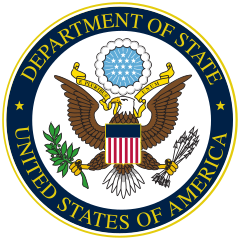
United States of America
The US is supporting the implementation of the ICCWC Vision and Strategic Action Plan with a focus on support to Wildlife Enforcement Networks (WENs), particularly the in the Caribbean region.
Past donors
